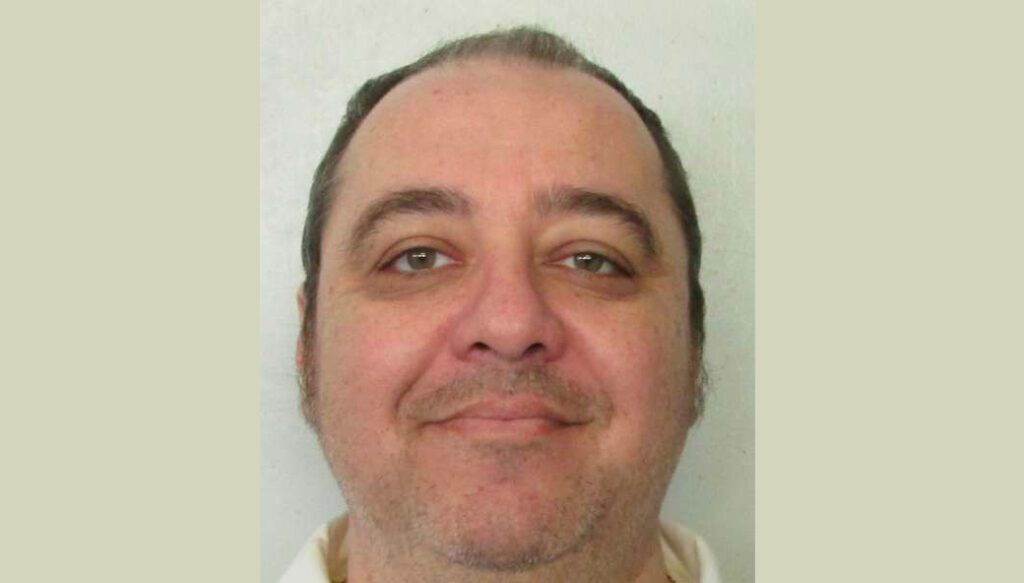In a groundbreaking event, Kenneth Eugene Smith, a death row inmate in Alabama, has become the first person in the United States to be executed using nitrogen gas. Smith, who was convicted of the murder-for-hire of a preacher’s wife in 1988, met his fate in a controversial execution process that has sparked widespread debate.
The execution, which took place recently, involved Smith inhaling the lethal gas through a mask. As the nitrogen gas replaced the oxygen in his body, Smith began to suffocate, leading to his eventual death. Shockingly, the process took approximately 22 minutes, during which Smith appeared to remain conscious and experienced convulsions.
This execution method has drawn significant criticism from opponents who argue that it is inhumane and cruel. Smith’s attorneys vehemently protested the use of nitrogen gas, asserting that it violated the constitutional ban on cruel and unusual punishment. However, despite their efforts, the Supreme Court ultimately allowed the execution to proceed.
What makes this case even more chilling is the fact that Smith had previously survived a botched lethal injection in 2022. This raises questions about the reliability and effectiveness of execution methods, further fueling the ongoing debate surrounding the death penalty.
The use of nitrogen gas as a method of execution has been gaining attention in recent years. Proponents argue that it is a more humane alternative to traditional methods such as lethal injection or the electric chair. They claim that nitrogen gas induces a painless death by causing a quick loss of consciousness and a peaceful passing.
However, opponents argue that the use of nitrogen gas is untested and lacks transparency. They express concerns about the potential for botched executions and the possibility of subjecting inmates to unnecessary suffering. Additionally, critics argue that the use of nitrogen gas allows states to continue carrying out the death penalty despite ongoing concerns about the constitutionality and ethics of capital punishment.
The controversial execution of Kenneth Eugene Smith by nitrogen gas has reignited the national conversation on the death penalty. The Supreme Court’s decision to allow the execution to proceed has further polarized opinions on the matter. As the debate continues, it remains to be seen how this landmark event will shape the future of capital punishment in the United States.
Expert Commentary:
According to Dr. Sarah Thompson, a professor of criminal justice at a renowned university, “The use of nitrogen gas as a method of execution is a relatively new concept that has yet to be thoroughly studied. While proponents argue that it provides a painless death, there is limited scientific evidence to support this claim. The execution of Kenneth Eugene Smith highlights the need for further research and scrutiny of execution methods to ensure that they align with principles of human rights and avoid unnecessary suffering.”
In conclusion, the execution of Kenneth Eugene Smith by nitrogen gas marks a significant milestone in the history of capital punishment in the United States. The use of this method has sparked intense debate, with proponents highlighting its perceived humanity and opponents raising concerns about its potential for cruelty. As the nation grapples with the ethics and constitutionality of the death penalty, the execution of Smith serves as a stark reminder of the complex issues surrounding capital punishment in modern society.











